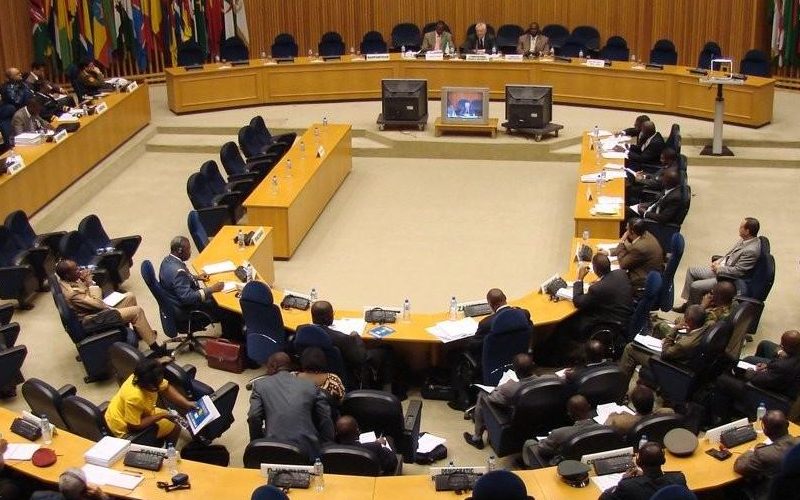Parliament probes secret sale of East Africa Portland Cement shares to Kalahari Cement

MPs warned that the proposed transfer of nearly 30 per cent of EAPC’s authorised shares was being conducted in secrecy, raising concerns over potential impacts on taxpayers, workers, and surrounding communities.
The Parliamentary Committee on Trade, Industry and Cooperatives has opened an investigation into the planned sale of East Africa Portland Cement (EAPC) shares to Kalahari Cement Limited, amid claims the transaction is advancing without the knowledge or involvement of the company’s management and employees.
During a session on Tuesday, MPs warned that the proposed transfer of nearly 30 per cent of EAPC’s authorised shares was being conducted in secrecy, raising concerns over potential impacts on taxpayers, workers, and surrounding communities.
More To Read
- MPs question proposed sale of East African Portland Cement shares to Tanzanian firm
- Court of Appeal dismisses Mavoko residents' bid to block eviction from Portland Cement land
- East Africa Portland Cement board rejects Obodha's appointment over integrity concerns
- Savannah Clinker withdraws Sh27.7 billion bid for Bamburi Cement
- Operations not affected by coal dust incident, says Bamburi Cement
The inquiry, led by Committee Chairperson and Ikolomani MP Benard Shinali alongside Vice Chairperson Marianne Kitany (Aldai), involved a meeting with EAPC Managing Director Mohamed Adan, who confirmed that neither management nor staff had been consulted.
The deal centres on 29.2 per cent of shares owned by Cementia Holdings AG and Associated International Cement Ltd, subsidiaries of Holcim Group, which is affiliated with Bamburi Cement. If approved, the acquisition would give Kalahari Cement a combined 41.7 per cent stake through its ties to Bamburi.
Due diligence
“This is not just any private company. Kenyans, through their pensions and taxes, own a majority of this firm. Due diligence must be done, and employees and local communities must be involved,” Kitany said.
Adan cautioned that uncertainty around the transaction had created widespread anxiety among staff. “Employees are understandably jittery, because livelihoods are at stake. Human capital is key to our success, and any change of ownership will affect them,” he told MPs.
Lawmakers pressed EAPC to explain why it had not considered buying back the shares itself. Funyula MP Wilberforce Oundo questioned why the company would wait for Kalahari to acquire the stake only to explore repurchasing it later.
Adan responded that a buyback was feasible, citing stronger cash flow under a turnaround strategy, but acknowledged no formal proposal had been tabled.
“Where there is no public participation, Parliament must exercise its oversight duty. This deal touches on taxpayers, employees and local communities in quarrying areas, and we cannot allow it to proceed in secrecy,” the MPs said.
Governance issues
The committee also flagged governance issues, with Kitany questioning why the appointment of the board chair appeared to depend on government nomination rather than the company’s own governing rules.
Adan conceded that EAPC’s Articles of Association—last updated in 1933—were outdated and inconsistent with current laws, pledging to bring them in line with the Companies Act and the State Corporations Act.
MPs further demanded details on Kalahari Cement’s long-term plans, given its links to Bamburi Cement, a direct competitor. Adan said management had not received any formal communication and described most of the available information as “market speculation.”
Committee members expressed disbelief that such a significant transaction could progress without board involvement and vowed to pursue the matter further to protect the public interest.
Top Stories Today












































